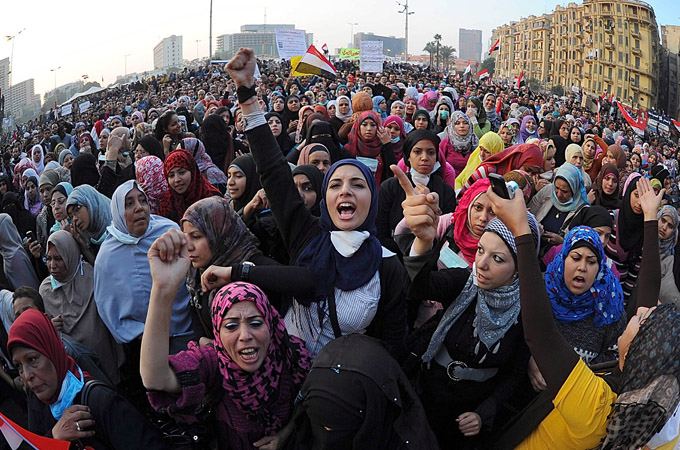A study has found that only one in four men in the Arab World and the Middle East believes in equality between genders. The study, undertaken by the International Men and Gender Equality Study in the Middle East and North Africa (IMAGES MENA), revealed that young men in the Arab world are as conservatives as their fathers. The survey was conducted on nearly 10,000 individuals, both men and women from Lebanon, Egypt, Morocco and Palestine; their ages ranged between 18 and 59. The vast majority of them held conservative views regarding women, believing that they are not capable of being leaders and belong in their houses. They also believe that education is important for boys more than girls. The opinions of the majority of women interviewed were in line with their male counterparts; they agreed that their most important duty is at their houses. The study also revealed that in some Arab countries, up to 90 percent of men believe that they have the right to control women’s clothes and how often they should have sex. The majority of men who agreed to have a female boss, however, believed that it shouldn’t…
Majority of Arab Men Think Women’s Right Place is Home, Don’t believe in Equality: Study
May 3, 2017



